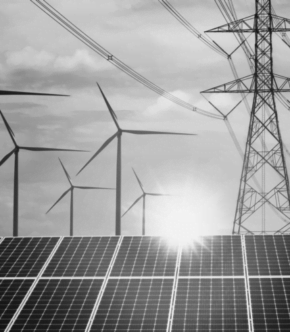Remember the fable of Chicken Little, where the sky is always falling? Today’s global climate debate seems to echo that tale. The UN’s approach has been to aggressively counter any dissent, sidelining free speech in favor of pushing their climate agenda. Despite being headquartered in the U.S., the United Nations operates with a playbook that often clashes with American constitutional values, using tactics reminiscent of Marxist strategies to stifle opposition in the name of environmental protection.
Leading this charge is UN Secretary-General Antonio Guterres, backed by his allies. From Portugal to other progressive strongholds, these figures push their narratives, applauding censorship and calling for drastic measures against fossil fuel industries. While they propose banning fossil fuel advertising, likening it to the U.S. ban on tobacco ads, fossil fuels remain a crucial and legal resource, providing 60% of U.S. electricity. Yet, Guterres’s globe-trotting—fuelled by the very energy he condemns—highlights a stark hypocrisy.
This latest initiative aims to cut fossil fuel advertising, hoping to follow the precedent set by tobacco and alcohol regulations. However, unlike these substances, fossil fuels are legal and heavily relied upon. Guterres’s silence on human rights abuses, like the forced labor of Uyghurs in China, contrasts with his vocal stance against oil, indicating selective outrage based on geopolitical convenience.
The International Energy Agency (IEA), in step with Guterres, offers lifestyle changes to curb energy use, like carpooling and rail travel, though these suggestions are impractical for many. This approach often feels like an imposition on everyday people, while elites continue their high-carbon lifestyles unabated.
Their goal is clear: to diminish the influence of the fossil fuel industry by cutting off its advertising revenue. Yet, the effectiveness of such measures is dubious. Much like how alcohol consumption persists despite advertising bans, people will likely continue to rely on fossil fuels out of necessity.
The push from the UN and its allies reflects a deeper concern about the public’s ability to think independently. Recent political shifts and the rise of movements challenging the green agenda suggest that people are starting to question the prevailing narrative. This independence is precisely what authoritarian approaches seek to undermine, preferring control over free, critical thought.







